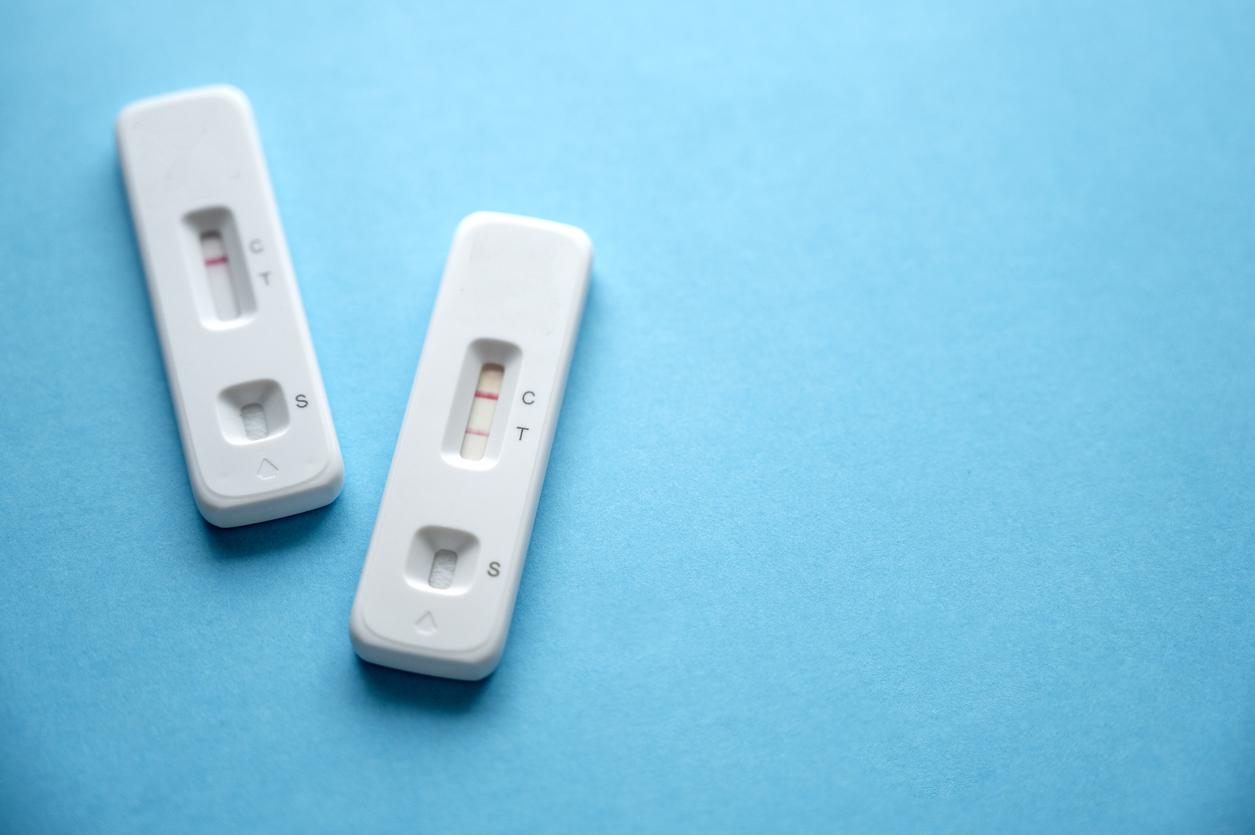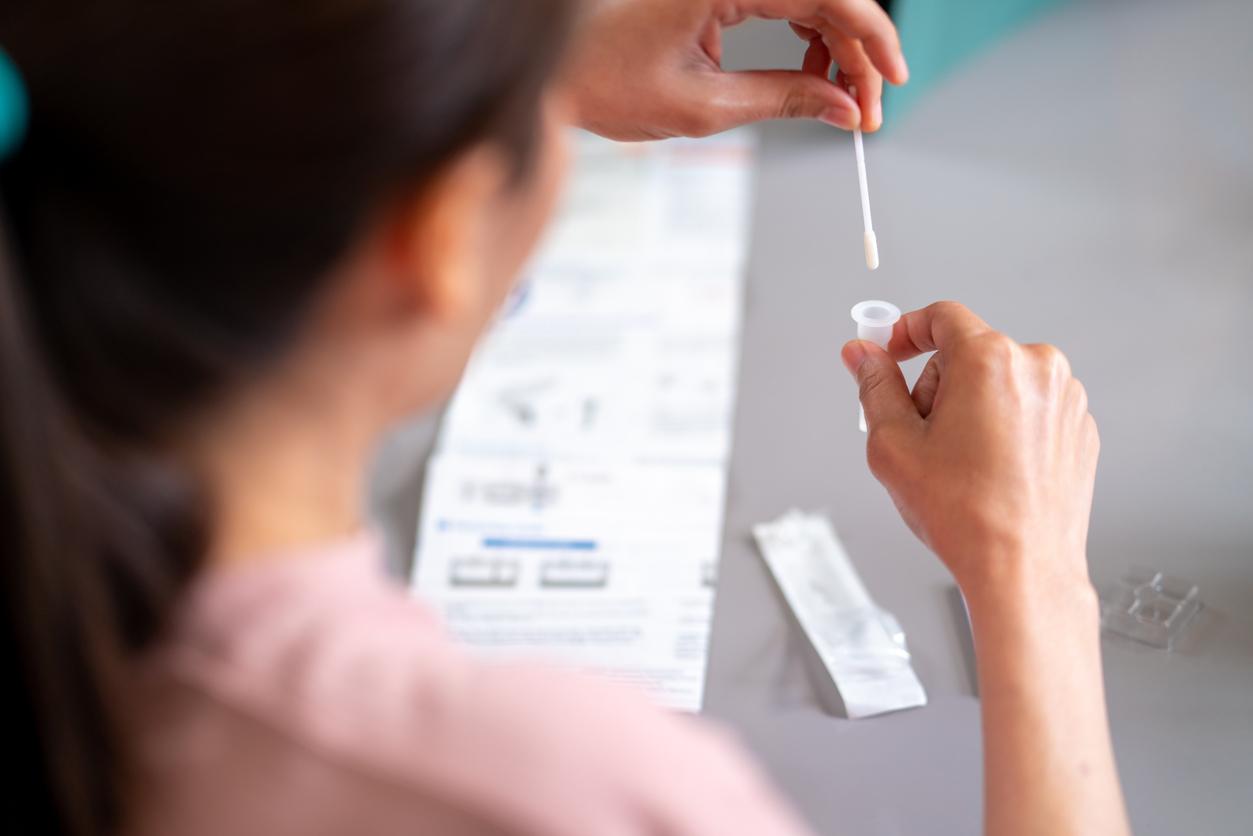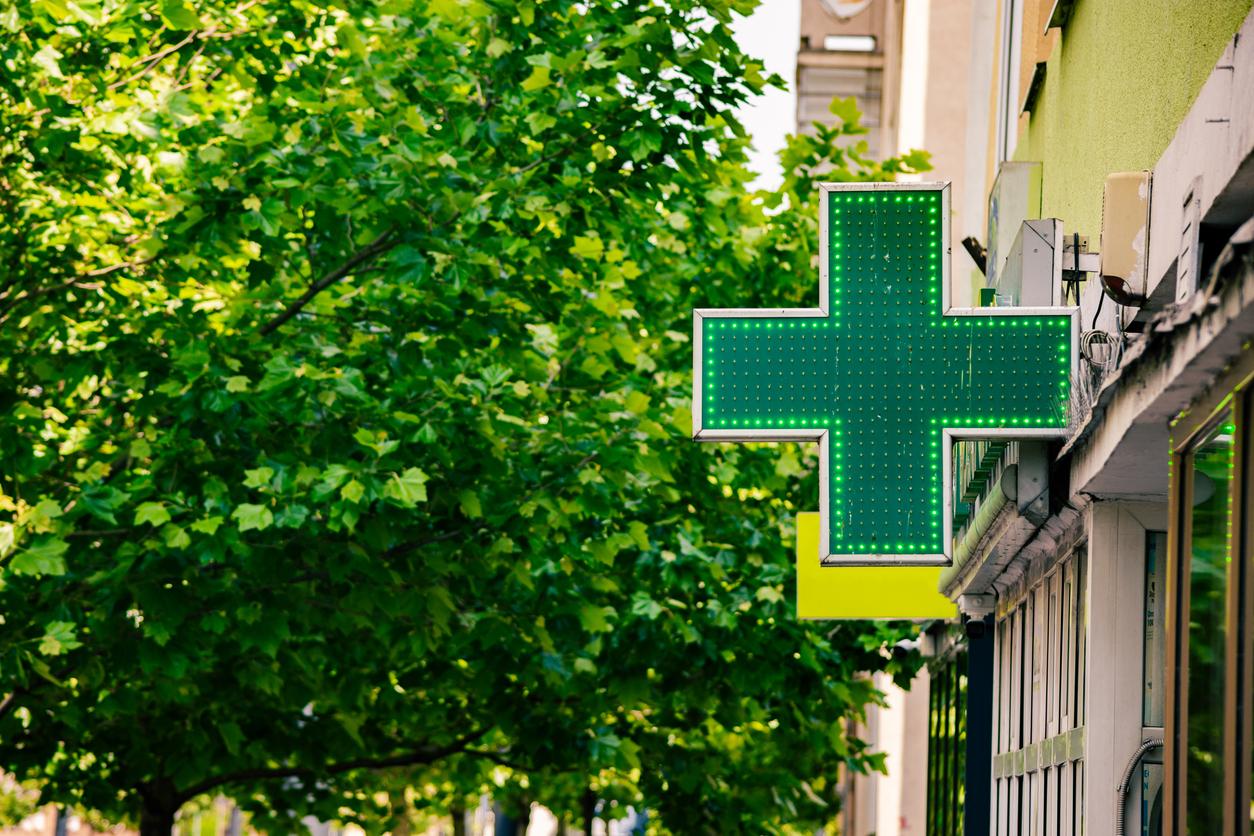The General Inspectorate of Finance wants the sale of non-prescription drugs to be authorized in supermarkets, in order to reduce prices. A drop that could go up to 20%.

Attacked from all sides, the pharmaceutical monopoly could live its last moments. After the Competition Authority last year, it is the turn of the General Inspectorate of Finance (IGF) to lead the sling. In a report made public by Les Echos, 37 regulated professions were scrutinized, including pharmacists, dentists, and even the legal professions. The report shows that these professions benefit from special pensions. Their net profit before tax represents on average 19% of their turnover, or 2.4 times the profitability observed in the rest of the economy. And the higher the number of regulations governing an activity, the more profitability increases. The cumulative turnover of these professions represented 235 billion euros in 2010, and 42 billion euros in profit.
A drop in prices of 10 to 20%
Regarding pharmacists, the IGF proposes to authorize the sale of non-prescription drugs in supermarkets. France is indeed one of the last European countries to retain a pharmaceutical monopoly. And according to the report of the General Inspectorate of Finance, this could lead to a drop in prices of 10 to 20%. An argument that the Order of Pharmacists refutes. “The prices of drugs with optional prescription are not higher in France than in other European countries, it is even sometimes the reverse”, affirms it. According to a study conducted at the request of the Order, smoking cessation products such as Nicorette, or drugs against digestive disorders, such as Imodium or Dulcolax, are less expensive in France. And the price of condoms would be lower in pharmacies than in supermarkets.
The pharmacists’ response
Pharmacists are fighting tooth and nail to save their monopoly. It must be said that their income does not depend so much on the sale of prescription drugs, the price of which is constantly falling, but above all on products not subject to compulsory medical prescription. To compensate for an announced drop in revenue, the Competition Authority recommended supporting the new remunerated missions of pharmacists. Indeed, for certain chronic pathologies, such as asthma or the follow-up of patients on oral anticoagulants, the pharmacist is paid a fixed price for his advice and support. But at 40 euros the package for two annual interviews, this is not what will compensate for their losses.
Another proposal put forward by the IGF, the abolition of the numerus clausus for pharmacists, but also for other professions such as dental surgeons, nurses, or physiotherapists. According to the report, many of them are trained abroad. This would be the case for 45% of dentists.
All these measures will surely find a large echo with Bercy. Arnaud Montebourg indeed announced last week that he wanted to reform certain professions, in order to restore 6 billion euros of purchasing power to households. And the so far unwavering support of Marisol Touraine to pharmacists may not be up to the task.
.















